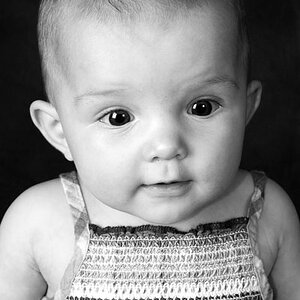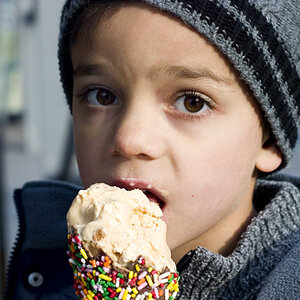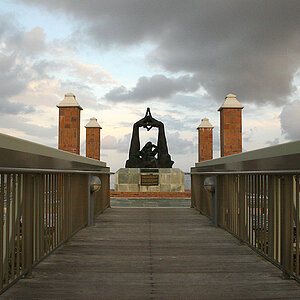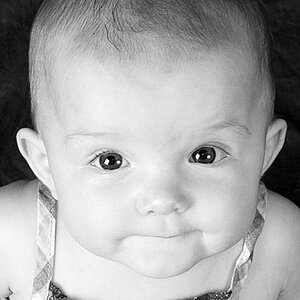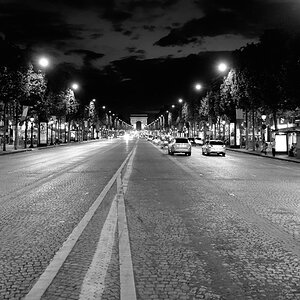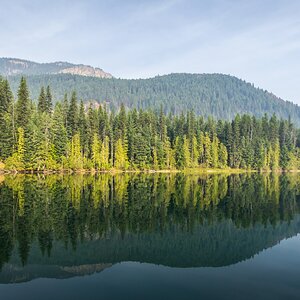gsgary
Been spending a lot of time on here!
- Joined
- Oct 31, 2008
- Messages
- 16,143
- Reaction score
- 3,002
- Location
- Chesterfield UK
- Website
- www.gsgary.smugmug.com
- Can others edit my Photos
- Photos OK to edit
OH NO I'M OUT OF HERE  because i will "PUT FOOT IN MOUTH"
because i will "PUT FOOT IN MOUTH"
 because i will "PUT FOOT IN MOUTH"
because i will "PUT FOOT IN MOUTH"

 (Well... the "you suck, but here's what you should do next time..." type comments anyway. :lmao: )
(Well... the "you suck, but here's what you should do next time..." type comments anyway. :lmao: )
![[No title]](/data/xfmg/thumbnail/36/36300-760519cb9a8ebbfc57cc3d1fda5dd37c.jpg?1619737494)
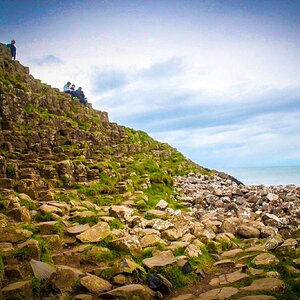


![[No title]](/data/xfmg/thumbnail/36/36303-10b1a386a9a00cf90fb7605d2d2c48c1.jpg?1619737497)
